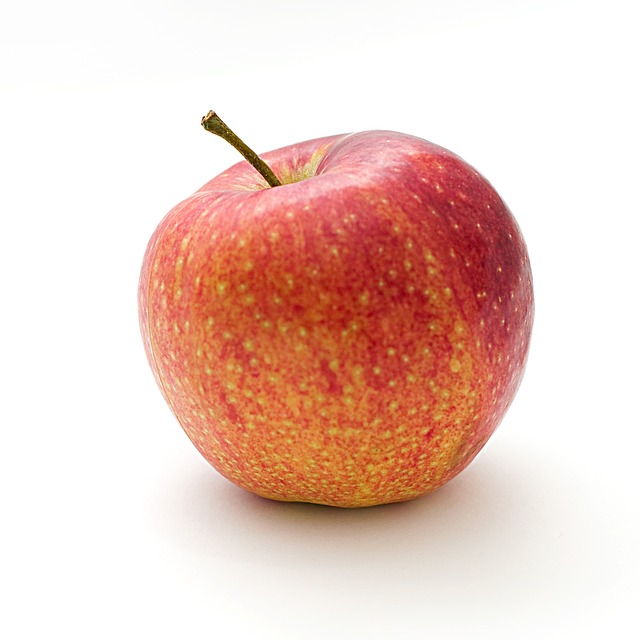Probiotics vs Prebiotics: What’s the Difference?
Probiotics and prebiotics are two terms that are often heard when it comes to gut health. But what exactly are these two terms and how do they differ from one another?
Probiotics
Probiotics are live microorganisms that are beneficial to your health. They are found in some foods and supplements and can be a helpful addition to your diet to help support a healthy gut.
Probiotics work to keep your gut healthy by helping to maintain a balance of good and bad bacteria. Your gut is home to trillions of microorganisms and having a balance of good and bad bacteria is important for your overall health.
Probiotics can help to improve digestion and bowel regularity, boost your immune system, and even reduce the risk of certain chronic diseases such as inflammatory bowel disease, diabetes, and heart disease.
Some common food sources of probiotics include yogurt, kefir, and fermented foods such as sauerkraut and kimchi. Probiotic supplements can also be found in pill, capsule, and powder form.
Prebiotics
While probiotics are live microorganisms that promote good gut health, prebiotics are a type of fiber that feed the good bacteria in your gut.
Prebiotics are found in certain foods such as fruits, vegetables, and whole grains. They work to promote the growth of good bacteria in your gut and can help to improve digestive health and overall immune function.
Unlike probiotics, prebiotics are not affected by heat or cold and can be cooked without losing their efficacy. Some common food sources of prebiotics include bananas, onions, garlic, asparagus, and oats.
The Difference
The main difference between probiotics and prebiotics is the role they play in gut health. Probiotics are live microorganisms that help to maintain a healthy balance of good and bad bacteria in your gut, while prebiotics are a type of fiber that feed the good bacteria in your gut to help promote their growth.
While both probiotics and prebiotics are important for maintaining good gut health, they work in different ways. Probiotics add beneficial bacteria to your gut, while prebiotics help the good bacteria that is already there to grow and multiply.
It’s important to note that not all probiotics are created equal. Different strains of bacteria have different benefits and it’s important to choose a probiotic supplement that contains a variety of beneficial strains.
It’s also important to eat a diet that is rich in prebiotic foods to help support the growth and health of the good bacteria in your gut. By combining a diet rich in prebiotics with the addition of a quality probiotic supplement, you can help to promote optimal gut health and overall wellness.
The Bottom Line
Probiotics and prebiotics play an important role in maintaining good gut health. While they work in different ways, they both help to keep your gut healthy and functioning properly. It’s important to include a variety of prebiotic foods in your diet and to choose a quality probiotic supplement to support overall gut health.







